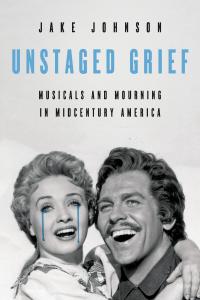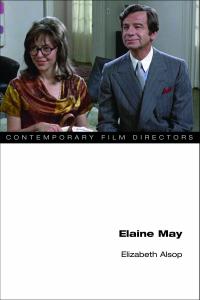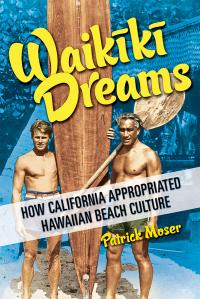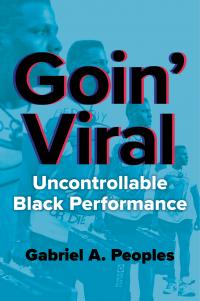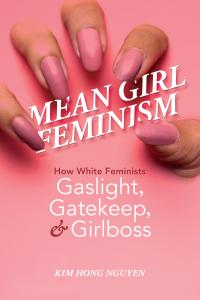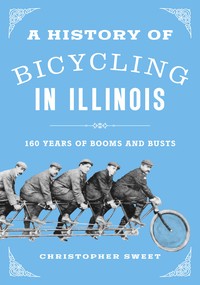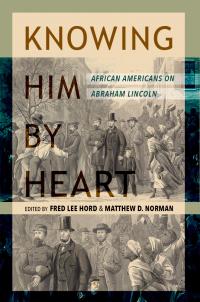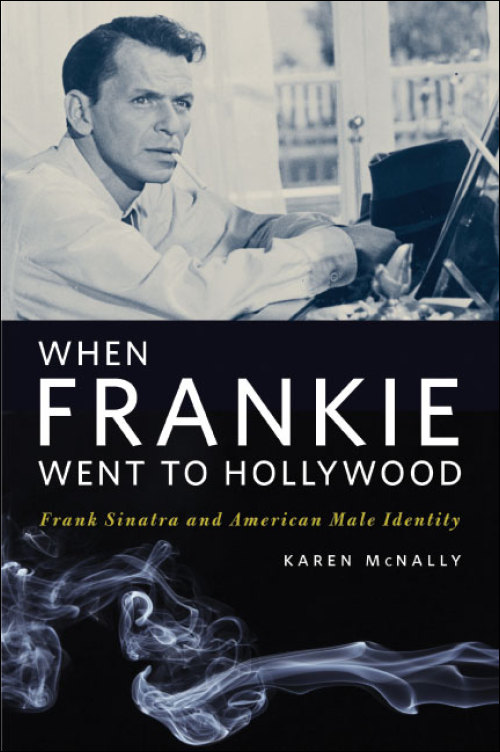
When Frankie Went to Hollywood
Cloth: 04/14/2008
About the Book
This first in-depth study of Frank Sinatra's film career explores his iconic status in relation to his many performances in postwar Hollywood cinema. When Frankie Went to Hollywood considers how Sinatra's musical acts, television appearances, and public commentary impacted his screen performances in Pal Joey, The Tender Trap, Some Came Running, The Man with the Golden Arm, and other hits. A lively discussion of sexuality, class, race, ethnicity, and male vulnerability in postwar American culture illuminates Karen McNally's investigation into Sinatra's cinematic roles and public persona. This entertainment luminary, she finds, was central in shaping debates surrounding definitions of American male identity in the 1940s and '50s.About the Author
Karen McNally is the Course Leader for Film Studies at London Metropolitan University.Reviews
"McNally's study . . . has an unexpected share of gossip and biographical surprises. . . . An exploration of Sinatra's forthright ethnicity, his strident championing of civil rights and his sexual objectification."--Times Literary Supplement"A valuable addition to masculinity studies and Sinatra scholarship. Highly recommended."--Choice
"[McNally] provides meaning and recognition to Sinatra's films, a very important part of his career and his life. Her book is well worth reading."--Film International
“A provocative work. . . . McNally’s illumination of the importance of Sinatra and his image to understanding male identity in postwar America will force readers to reexamine simplistic definitions of manhood from the period as well as the cultural significance of the Chairman of the Board.”--Journal of American History
Blurbs
"McNally provides the most thorough and nuanced account of Sinatra's postwar persona that I have ever read. When Frankie Went to Hollywood will take its place among the very best books on a performer whose life and career continue to exert considerable interest and fascination. This remarkable book explores how Sinatra's image and performances were a contradictory mix of swagger and sensitivity, aggression and vulnerability, and casualness and commitment."--Steve Neale, author of Genre and Hollywood
"A bold and stimulating work, When Frankie Went to Hollywood offers a compelling study of Sinatra through the filters of class, ethnicity, sexuality, and gender. McNally's interpretation of Sinatra's image and critical reflection on the role of star studies within the academy will appeal to scholars and students of popular music history, cultural studies, media studies, and American studies. A joy to read."--Peter Stanfield, author of Body and Soul: Jazz and Blues in American Film, 1927-63
